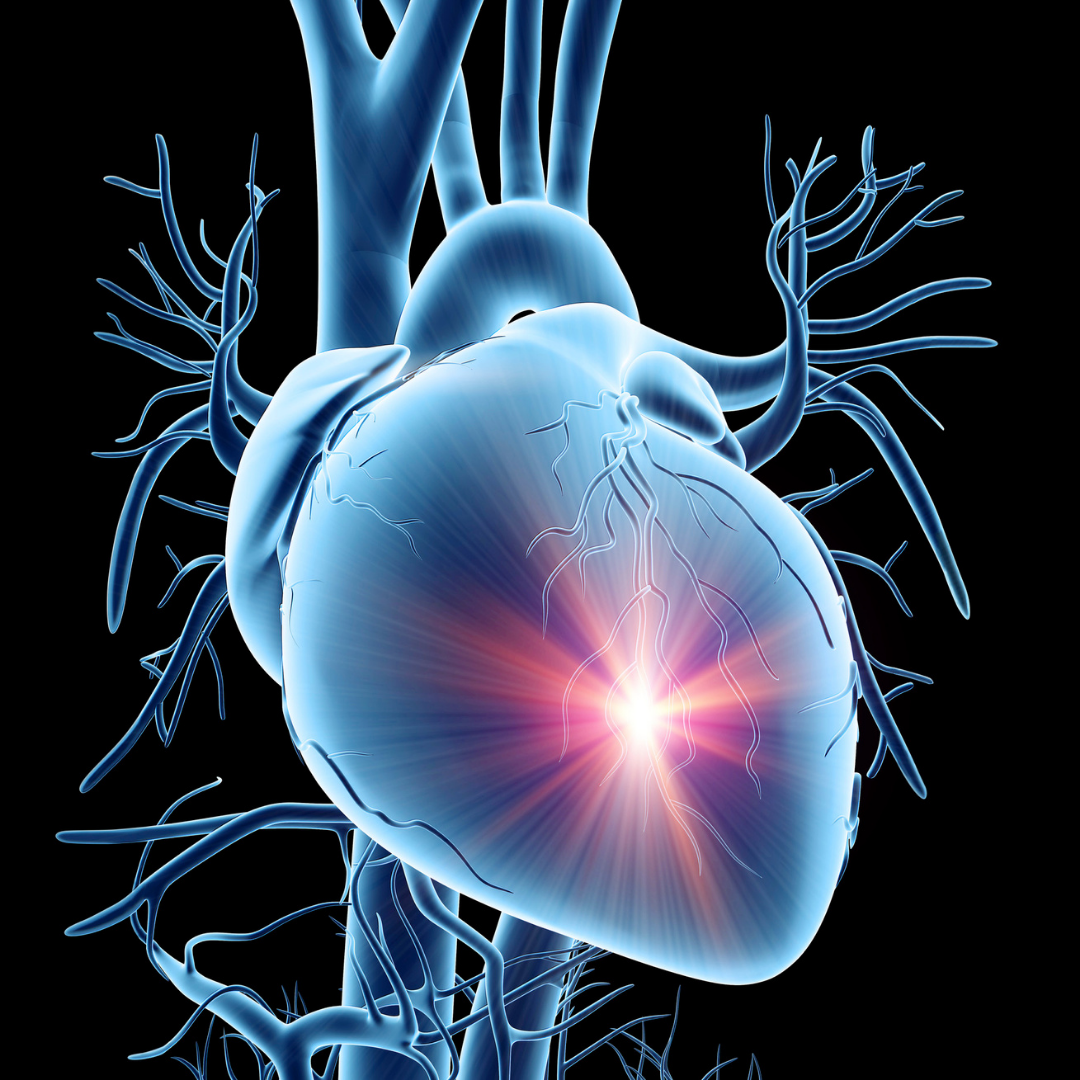 The MemorialCare Heart & Vascular Institute at Long Beach Medical Center, through its advanced research program, is participating in a CSL Behring-sponsored multi-center, Phase III clinical trial – “ApoA-I Event reducinG in Ischemic Syndromes II (AEGIS-II).” The study is to evaluate the efficacy and safety of infusion therapy to reduce risk of second heart attack or stroke by removing cholesterol from the arteries. Long Beach Medical Center is providing access to the study to its cardiac patients.
The MemorialCare Heart & Vascular Institute at Long Beach Medical Center, through its advanced research program, is participating in a CSL Behring-sponsored multi-center, Phase III clinical trial – “ApoA-I Event reducinG in Ischemic Syndromes II (AEGIS-II).” The study is to evaluate the efficacy and safety of infusion therapy to reduce risk of second heart attack or stroke by removing cholesterol from the arteries. Long Beach Medical Center is providing access to the study to its cardiac patients.
According to the World Health Organization (WHO), about 800,000 people suffer from heart attacks each year in the U.S. Of those, 600,000 have experienced a first heart attack, and 200,000 happen to people who have already suffered a previous heart attack, according to the Centers for Disease Control and Prevention (CDC).
The study will evaluate the efficacy and safety of apolipoprotein A-I infusion therapy CSL112 in reducing the risk of major adverse cardiovascular events (MACE) in patients. Previous research has found that the apolipoprotein A-I infusion therapy CSL112, a novel formulation of apoA-I derived from human plasma, immediately impacts the ability to remove cholesterol from arteries.
“Apolipoprotein A-I is the protein backbone of high-density cholesterol (HDL), known as the ‘good cholesterol,’” describes Todd Zynda, D.O., interventional cardiologist at MemorialCare Long Beach Medical Center. “The novel medication, CSL112, is a synthetic form of Apolipoprotein A-I, which when infused into the bloodstream bumps up HDL resulting in cholesterol actually being removed from blockages in the arteries.”
Tremendous strides have been made in preventing adverse cardiac events. This study further enables us to explore the real possibility of cardiologists being able to potentially provide a viable therapy for patients who have suffered a heart attack and are thus at risk for potentially suffering another one.
Since the pandemic began, many people have delayed preventative care to manage high blood pressure and/or cholesterol. As a result, more patients are being treated for cardiovascular conditions. Therefore, it’s important that people with cardiovascular symptoms in Long Beach consult with expert physicians specializing in comprehensive cardiovascular care, personalized prevention programs and minimally invasive heart procedures.
The MemorialCare Heart & Vascular Institute is proud to continue MemorialCare’s tireless efforts to remain at the forefront of innovative clinical research studies. These studies can have a very positive impact on the health of the communities we serve, throughout Los Angeles to Orange counties.
David Shavelle, M.D., medical director, adult cardiology and interventional laboratory, MemorialCare Long Beach Medical Center
To learn more about MemorialCare’s Heart & Vascular services, visit memorialcare.org/lbheart.